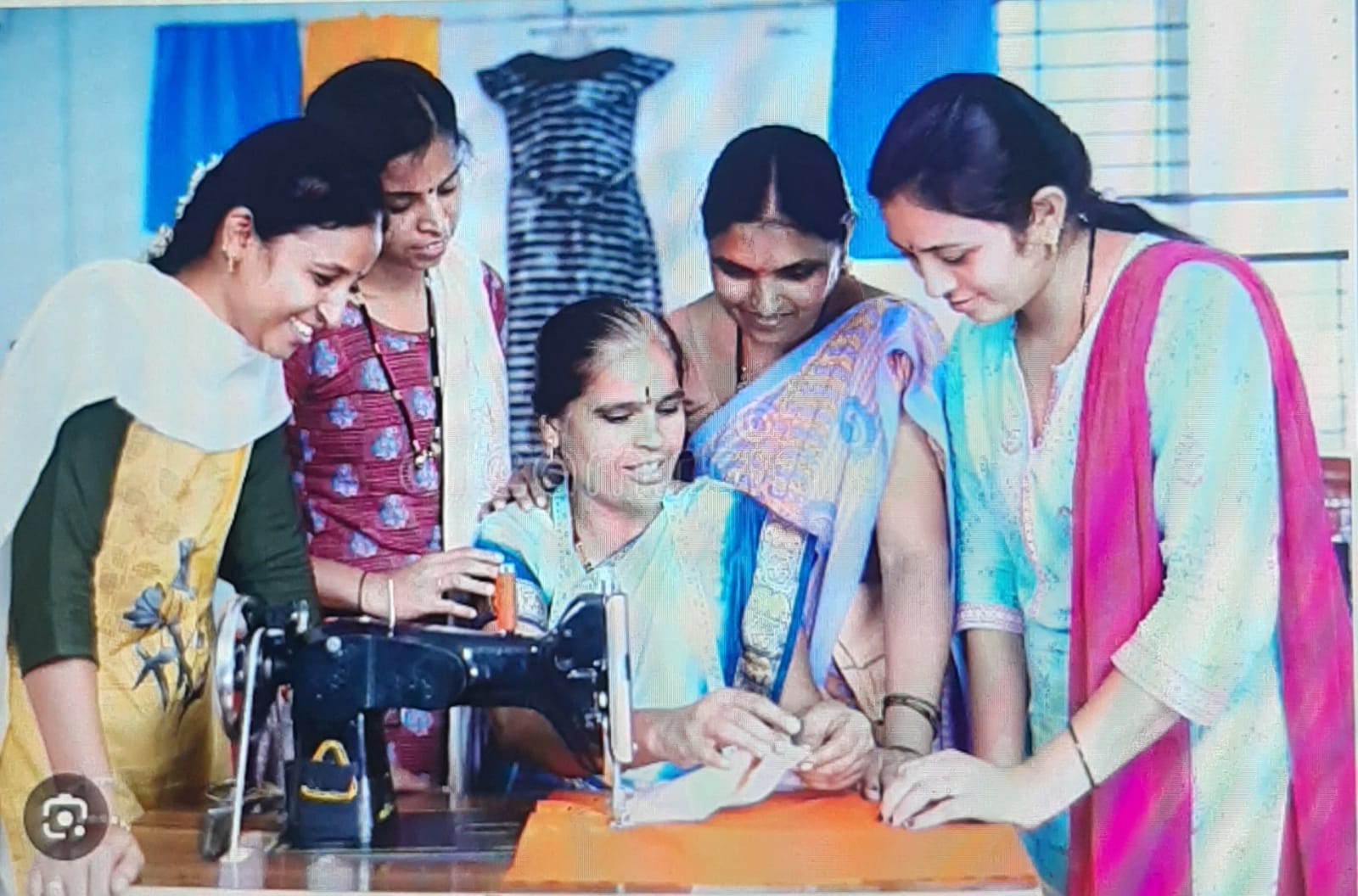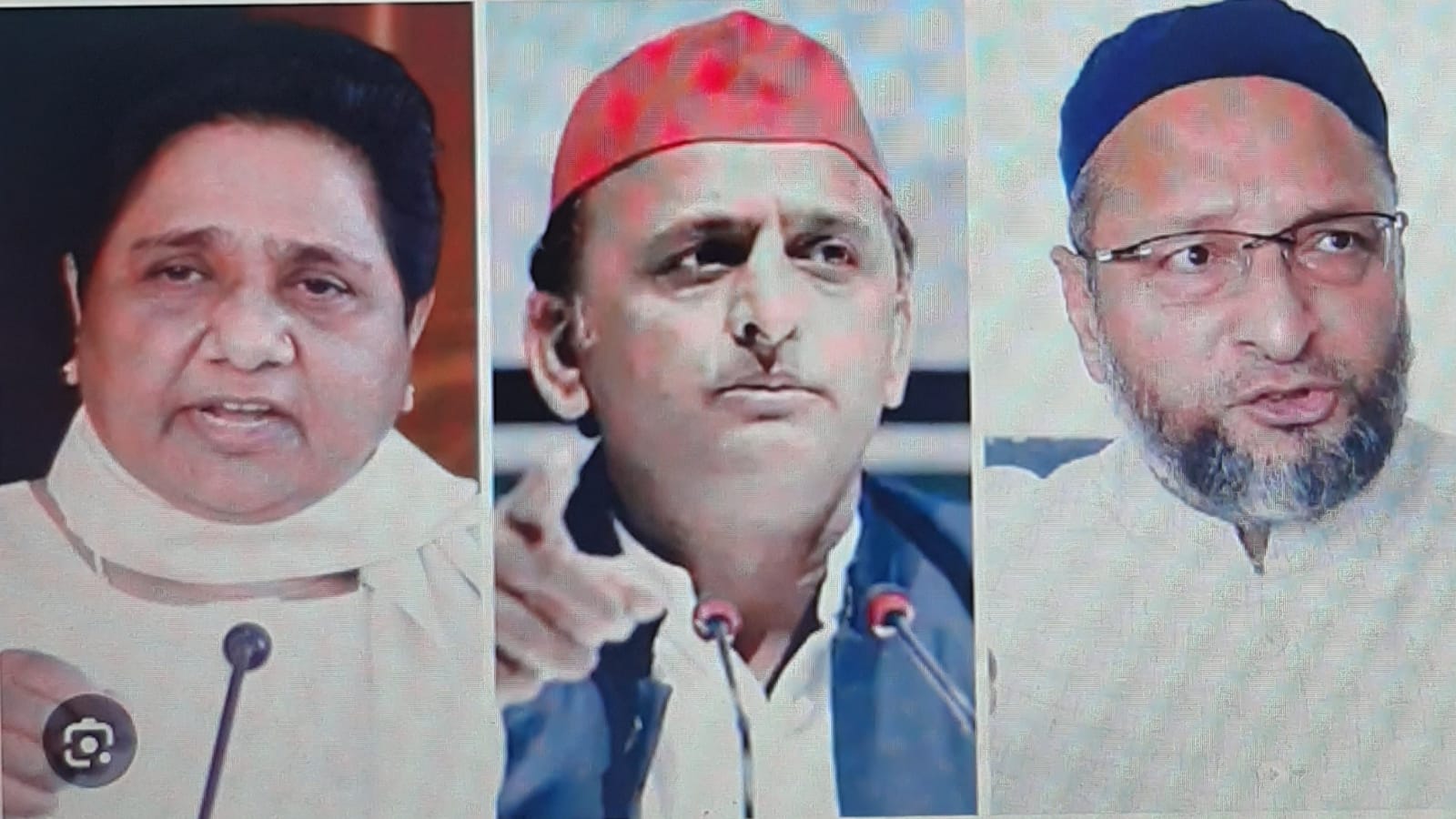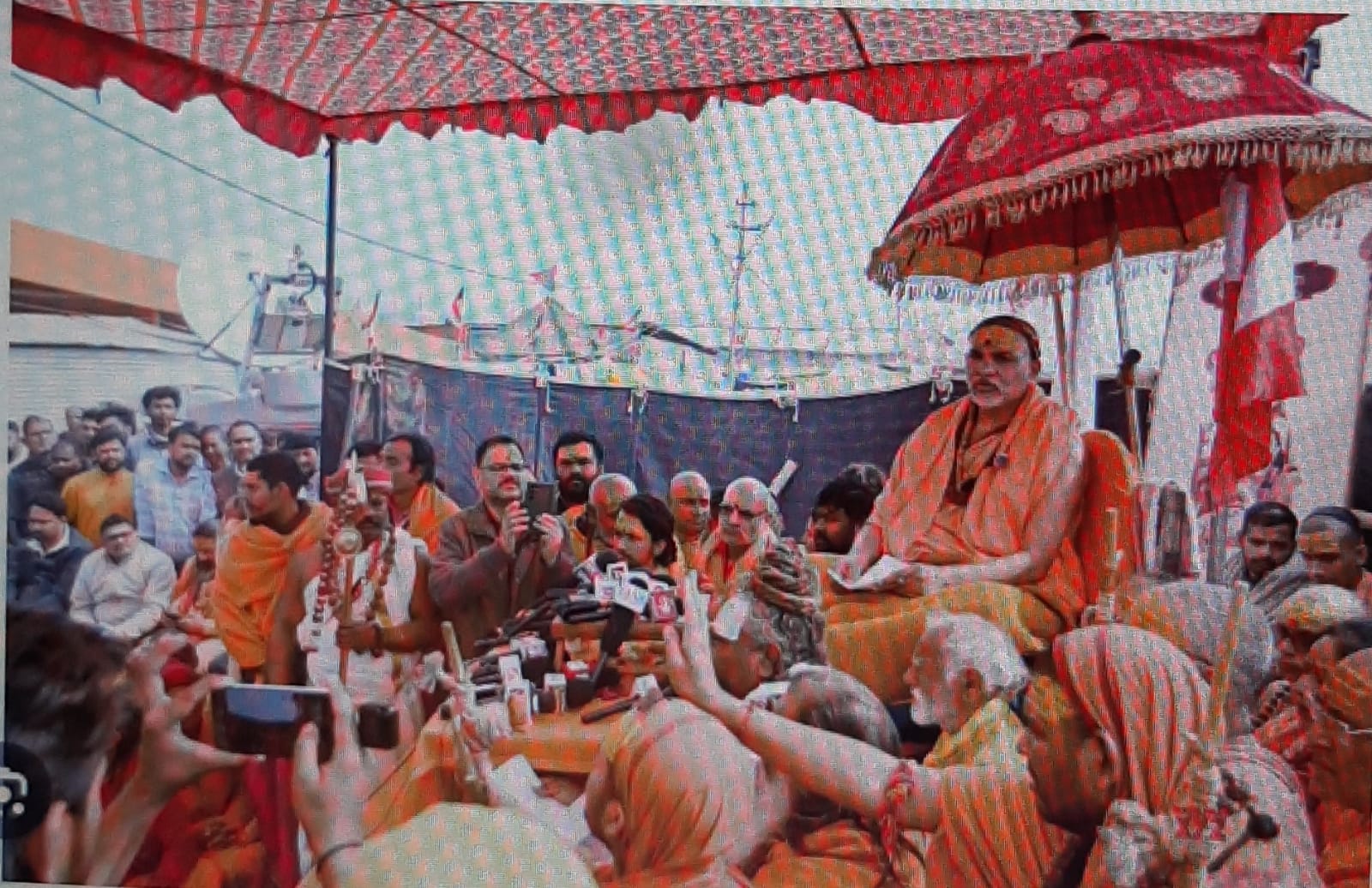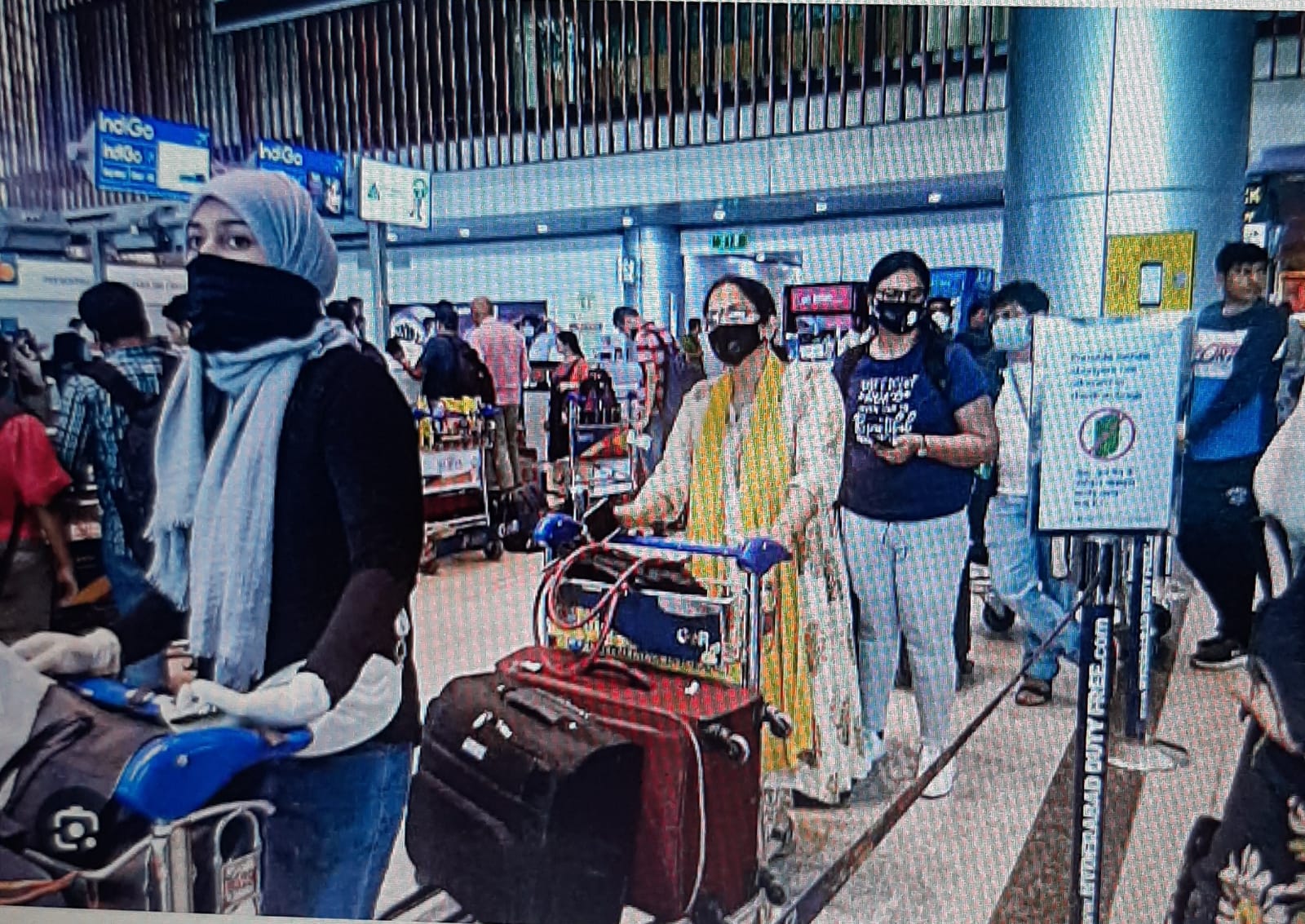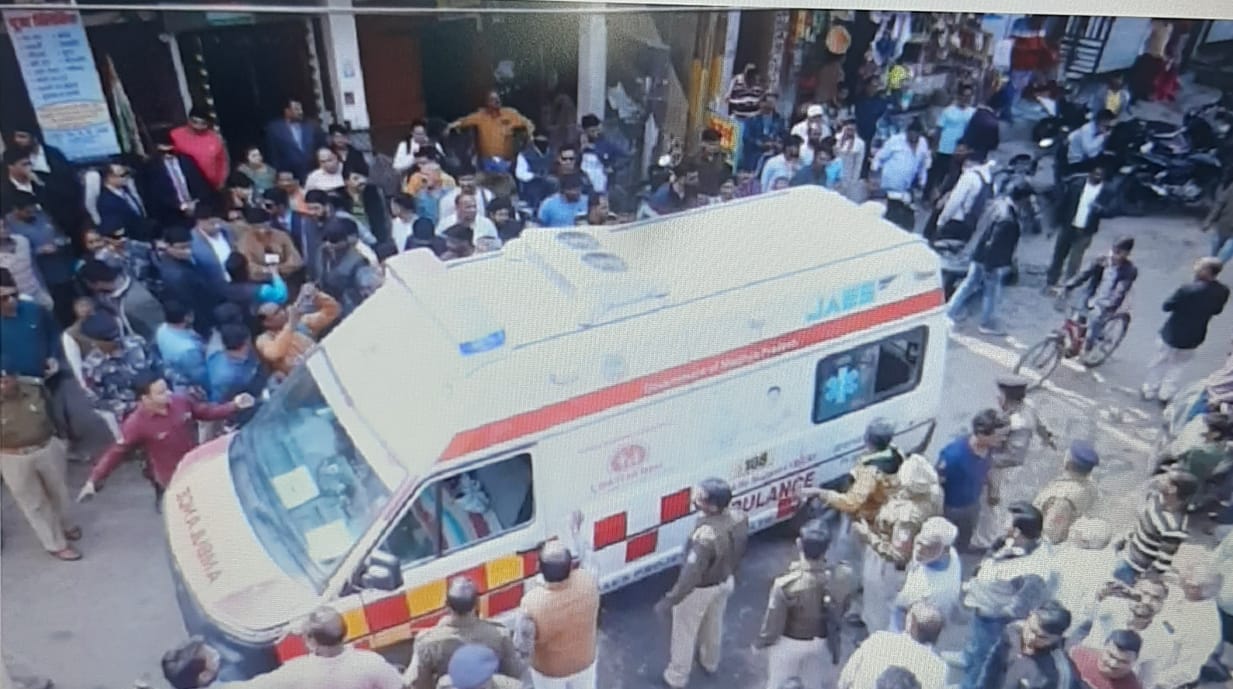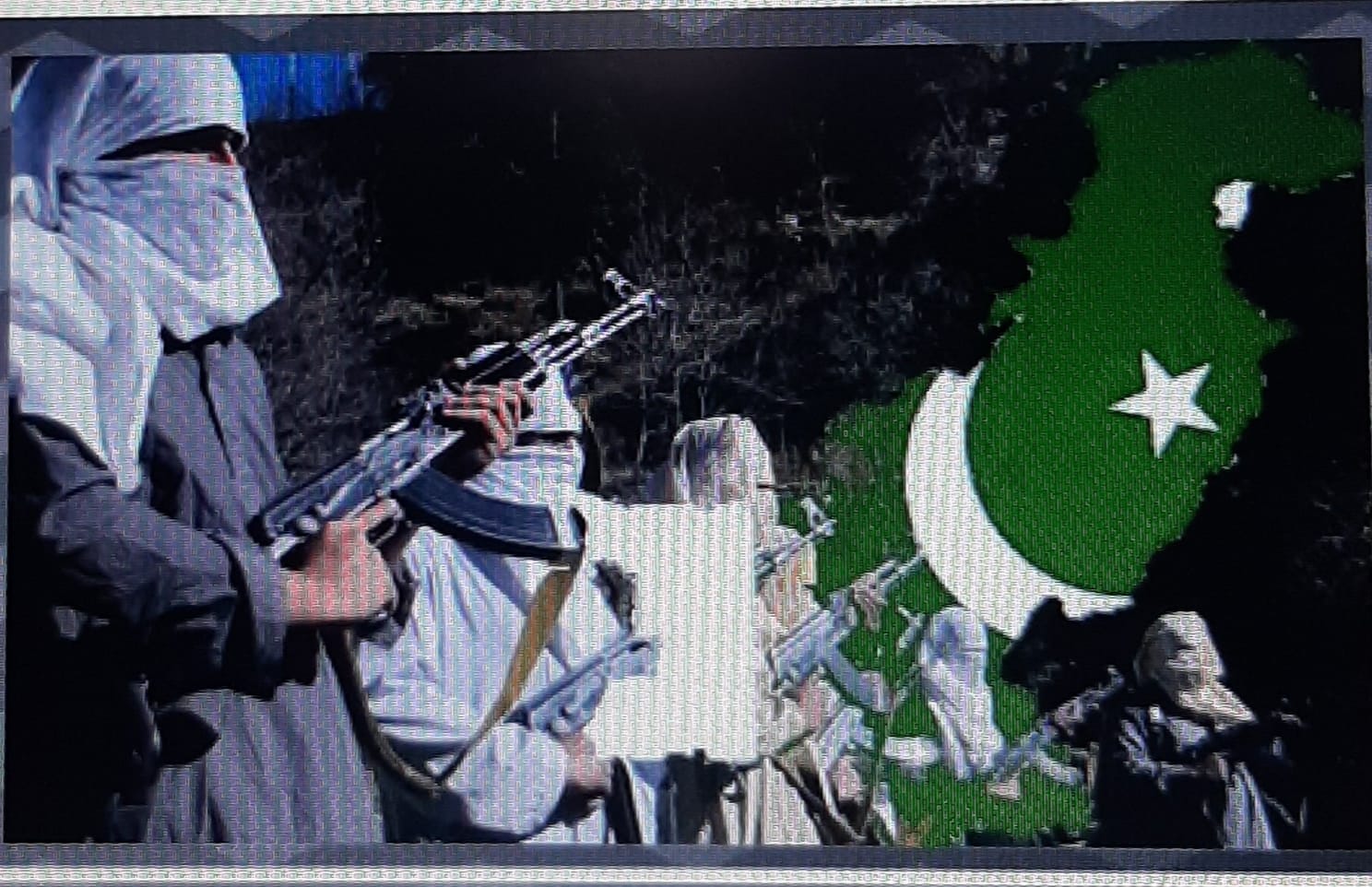
Unleashing our military might against a failed Pakistan state is unwise. The Indian state must bleed the rogue state by doing everything required to eliminate the terrorists and their supporters. The recent stringent actions taken against those providing support to terrorists are in the right direction. It will certainly convey a salutary message to all those who dare to act against our national interest. The Government will be well advised to not fall for the war rhetoric created by those who have little experience of statecraft. The supreme art of war is to crush the enemy without fighting, writes former IAS officer V.S.Pandey
“Why kill the dead” ( मरे को क्या मारना ) is ancient wisdom which resonates in the current impasse between India and our rogue neighbor. Pakistan, despite the tumult it is undergoing, both internally and externally, refuses to mend its ways. If media reports are to be believed, the Indian government is seriously contemplating a surgical strike to punish its errant neighbor, Pakistan. The moot question is whether a democratic nation like India should enter into conflict with a failed state- governed by men in uniform, against whom the most popularly elected leader, currently languishing in Adiala jail, has revolted. The most tragic part of the Pakistani narrative is that after Partition, the army has ruled the country for decades and not a single elected government has been able to complete its five- year term in office! The most shameful aspect of their polity is that almost all the Prime Ministers, barring a few insignificant personalities, were deposed and even imprisoned by the Generals. It is alleged that the army, popularly called the ‘establishment’ in Pakistan, is the biggest entrepreneur and runs most businesses, lucratively, such as farming, dairying, real estate and mining. Nothing moves without the army’s blessings.
The well known Pakistani writer Ayesha Siddiqui in her famous book “Military Inc” has graphically described the multifaceted octopus like grip of the Army over the life of the Pakistani populace. The book details the modus operandi of the military’s business activities and how it expanded its stake in agriculture, manufacturing, and service industries. With its burgeoning finances, it even set up institutions like the Baharia Foundation and Shaheen Foundation, marking its inevitable foray into the finance and banking sectors.
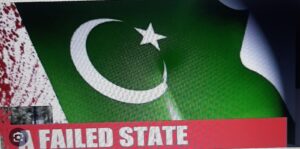
These money spinning business interests of the military make it critical that it remains omnipotent and exercises direct/indirect control of governance. This has shackled the growth of democracy and negated the development of the rule of law. Siddiqui’s intensive research has also revealed that the military echelons indulge in rampant profiteering and manipulate the armed forces as a tool for consolidating their institutional and personal economic influence. They have thus no intention of withdrawing to the barracks and allowing democratic institutions to flourish. Pakistan remains a militaristic-totalitarian system where an army general dominates brazenly as head of the state.
Currently, this rogue state is embroiled in serious conflicts with all its neighbors including Iran and Afghanistan, once its closest ally. Many Pakistani intellectuals and thinkers have been cautioning the people to be aware of the anti-India rhetoric being spread by the Pakistani establishment for years-solely to remain relevant and perpetuate their grip over power structures in Pakistan. The false historical narratives perpetuated by the establishment for decades, needs to be corrected. The people should be made aware of distorted historical facts. Spreading hatred towards India and using jihad to support cross border terrorism has been part of the agenda of the Pakistani Army for decades. They also know that they will be worsted in a conventional war situation. By keeping their eastern borders hot, they tend to justify their existence and their lethal grip on power. The establishment is so well entrenched in the power game with the organised military power buttressing them that no other state apparatus, including the political class, can even dare to challenge the establishment’s grip over power and almost all aspects of peoples’ lives.
Such a rogue state needs to be tackled prudently. Our humungous Democracy is on the cusp of becoming an economic superpower. We should not embroil ourselves with pygmies who are about to implode in their own follies and pathetic governance. Several parts of Pakistan are constantly waging wars for independence and it will not be long before the country falls apart under its own weight of follies and false narratives sedulously disseminated to keep its people in the dark about the reality.
The actions taken by the government of India after the Pahalgam incident were prompt and prudent. To deal fatal blows to the rogue state is the natural cry of revenge, by Indians, for the mindless killings of innocent civilians in Pahalgam. But “killing the dead”, in my opinion will serve no purpose. Unleashing our military might against a failed state is unwise. The Indian state must bleed the rogue state by doing everything required to eliminate the terrorists and their supporters. The recent stringent actions taken against those providing support to terrorists are in the right direction. It will certainly convey a salutary message to all those who dare to act against our national interest. The Government will be well advised to not fall for the war rhetoric created by those who have little experience of statecraft. The supreme art of war is to crush the enemy without fighting.
(Vijay Shankar Pandey is former Secretary Government of India)


